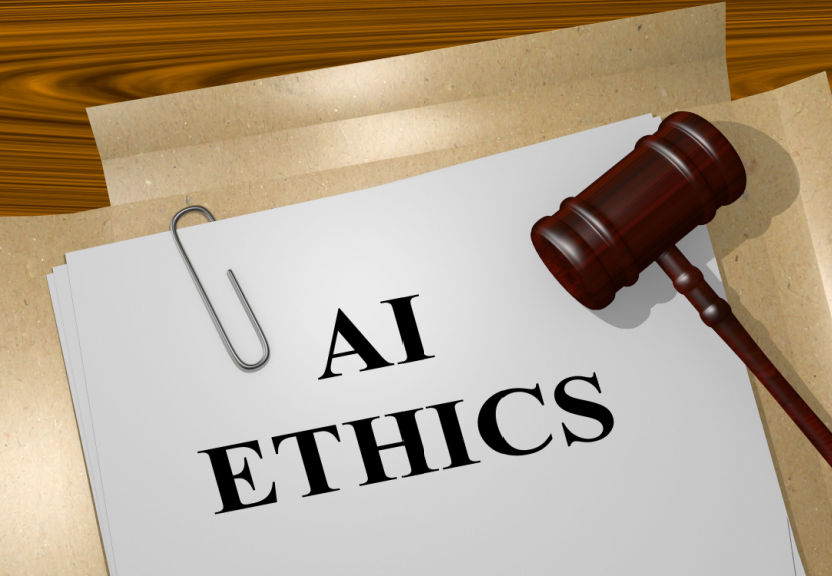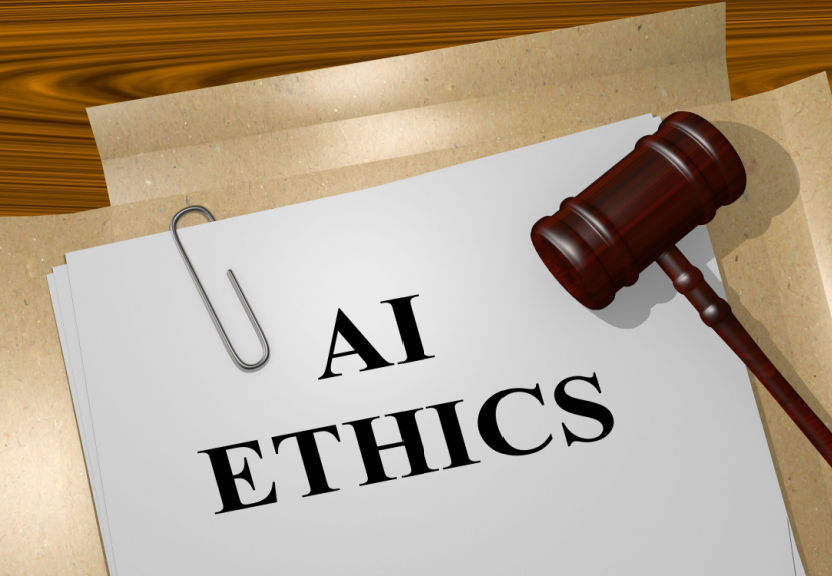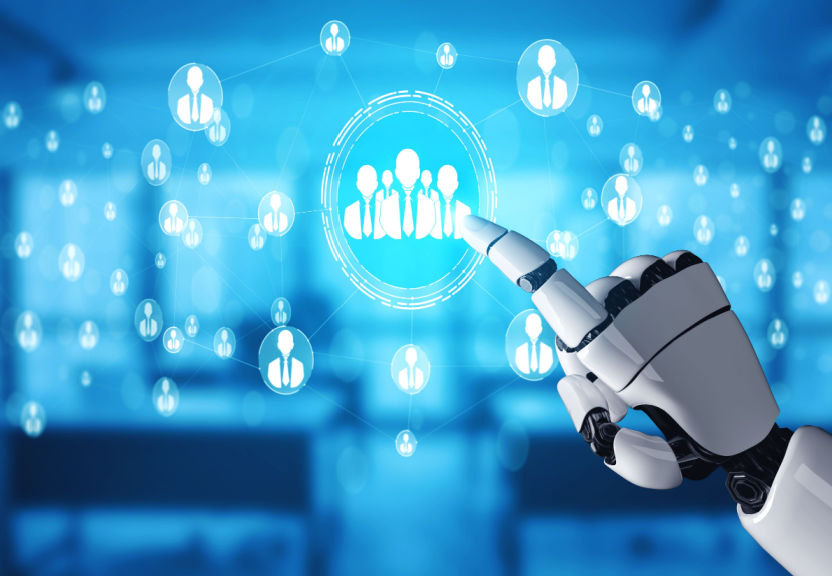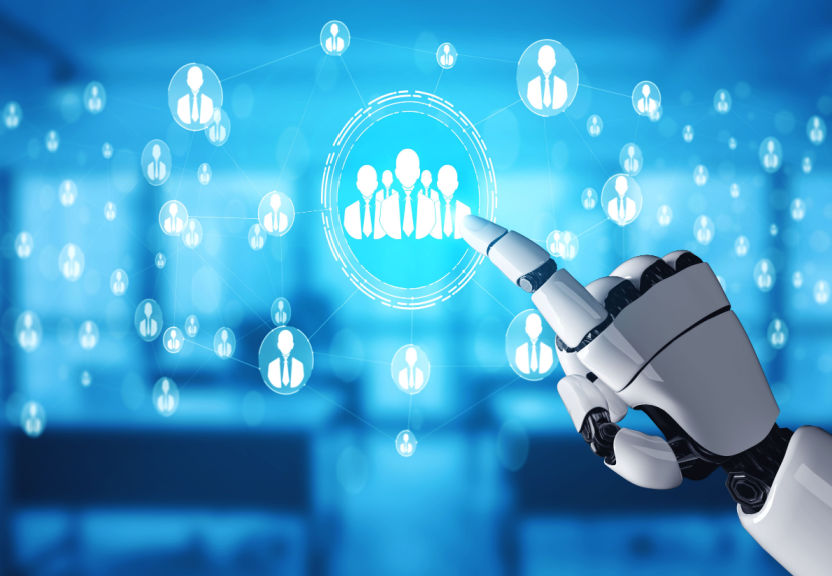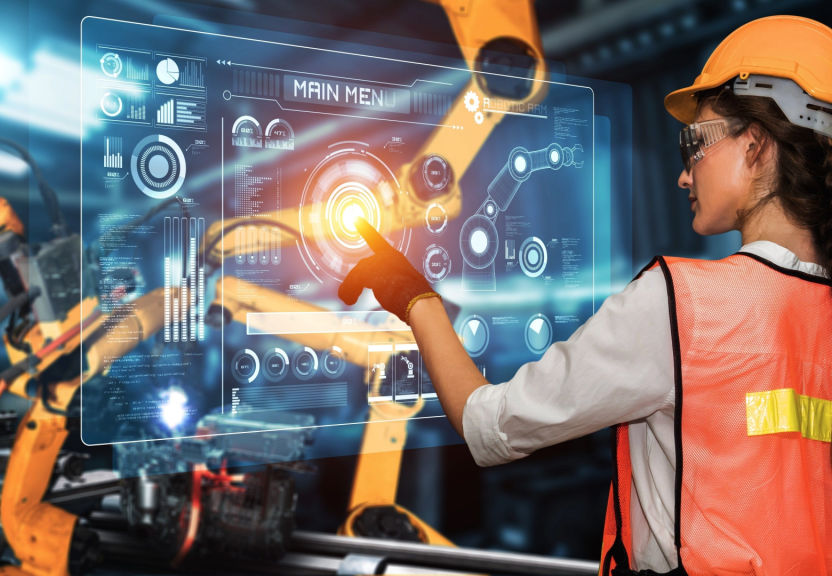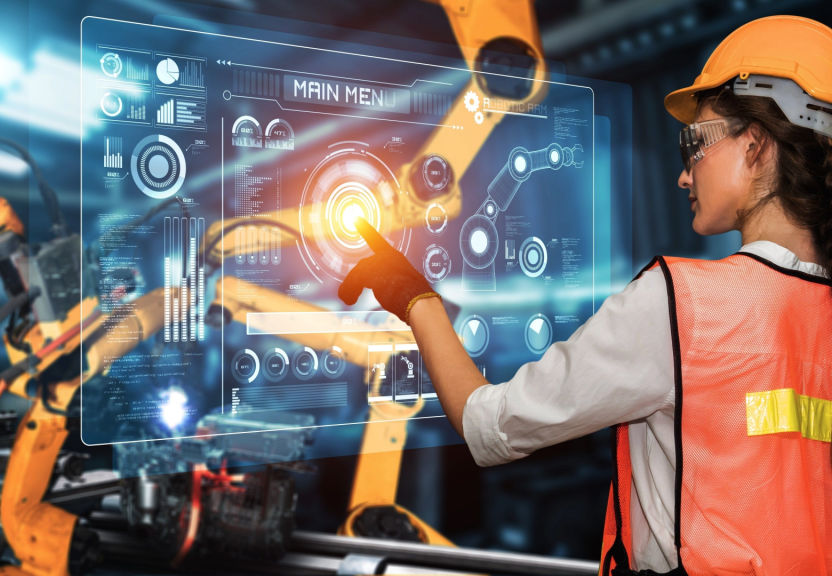The future of transportation
Self-driving cars, also known as autonomous vehicles (AVs), have the potential to revolutionize transportation and change the way we live and work. From reducing traffic congestion to increasing road safety, the future of transportation with self-driving cars promises many benefits. In this article, we will explore the future of transportation and the impact of self-driving cars on society.
One of the most significant potential benefits of self-driving cars is improved safety. With the ability to sense and respond to their environment, AVs have the potential to greatly reduce the number of accidents caused by human error. According to the National Highway Traffic Safety Administration, 94% of all accidents are caused by human error. With the implementation of self-driving cars, this number could be greatly reduced, saving lives and reducing the economic cost of accidents.


Another benefit of self-driving cars is increased mobility for people who are unable to drive, such as the elderly and disabled. AVs have the potential to provide these individuals with greater independence and access to transportation, improving their quality of life. Additionally, self-driving cars could also reduce traffic congestion by enabling cars to drive more efficiently and communicate with one another, resulting in fewer delays and smoother traffic flow.
Self-driving cars also have the potential to reduce the cost of transportation, particularly for ride-sharing services. With the ability to operate 24/7 and not require human drivers, the cost of ride-sharing could decrease, making it more affordable for more people. Furthermore, self-driving cars could also reduce the need for parking spaces, as they could drop off passengers and then go park somewhere else.


To conclude, VR and AR have the potential to revolutionize education and training by creating immersive and interactive learning experiences. However, there are also challenges that must be overcome, including cost, lack of standardization and potential health issues. Investing in research and development to address these challenges, as well as investing in teacher training programs to help educators effectively integrate VR and AR into their curriculum, will be crucial to realizing the full potential of these technologies in education and training.
The articles and information within this website are my sole opinion and derived from my sole experience. They are meant for general information purposes only and is not meant to substitute professional dietary and/or health advice or treatment. If you have or suspect you may have allergies or medical issues which may be affected by certain foods, or have or suspect you may have any illness and/or disease and/or chronic ailment and/or other, you should promptly contact your health care provider. Any statements regarding diets and/or nutrition and/or health are to be used at your discretion and are not intended to diagnose, treat, cure or prevent any disease.






